Six new faculty have joined the Department of Economics this year, bringing expertise in a wide variety of subfields and significant experience conducting research at the federal level.
The new additions — professor of the practice Timothy Dunne; assistant professors Kirsten Cornelson, Illenin Kondo, Benjamin Pugsley, and Jasmine Xiao; and research assistant professor Sarah Kroeger — join a department undergoing remarkable growth. It has added 22 faculty members in the last five years, thanks in part to its selection as one of 10 essential research areas through the University’s Advancing Our Vision program.
“Our hiring this year built on our current strengths in macroeconomics and applied microeconomics, while allowing us to expand our class offerings by hiring an environmental economist and a trade economist,” said William Evans, chair of the department and the Keough-Hesburgh Professor of Economics.
“We are particularly proud of our efforts to increase the fraction of women faculty members. Women are underrepresented in our discipline, and a few years ago, we had only two women professors. Now, about a quarter of our department is female, one of the highest fractions of top departments in the country.”
Timothy Dunne
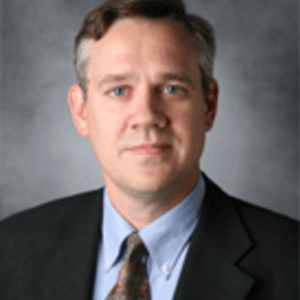 Timothy Dunne
Timothy Dunne
Dunne, who spent 10 years as a senior economic advisor and researcher at the Federal Reserve Banks of Atlanta and Cleveland, studies industrial organization and labor economics.
A scholar whose work on entry and exit, technology adoption, and workforce skills has been cited thousands of times, Dunne was enthusiastic about joining a university that fosters a rich research and teaching environment while also maintaining a strong Catholic identity.
“I’m Catholic, so having the opportunity to work at a Catholic institution of higher education was central to my decision to come to Notre Dame,” he said.
Now focused primarily on firm dynamics and empirical auctions, Dunne’s current research is on early stage entrepreneurship. With researchers at the Census Bureau and Federal Reserve Board, he is helping to develop new business formation statistics based on Tax Identification Number data.
“This allows for very timely measurement of business formation activity,” said Dunne, who received his Ph.D. from Penn State University. “We are using these data to examine how entrepreneurial activity varies over time and across geographic locations in the U.S., focusing on differences in overall application activity and subsequent transitions of applicants to employer businesses.”
Dunne is currently teaching Principles of Macroeconomics and a course in Environmental Economics.
Kirsten Cornelson
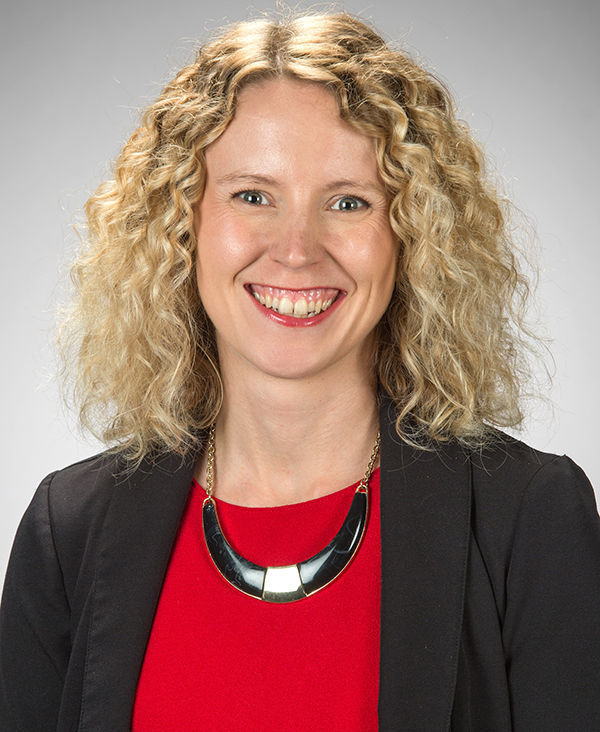 Kirsten Cornelson
Kirsten Cornelson
Cornelson, an expert in labor and applied microeconomics, studies the ways in which culture, social norms, and discrimination perpetuate race and gender inequalities.
A former Royal Bank of Canada economist who earned her Ph.D. at the University of Toronto, her current research is on the impact residential segregation has on social interactions.
She has developed a new measure of interracial interactions — using geotags on Flickr photographs and running them through race classification software. She is then able to look at interactions between people of different races based on the cities and neighborhoods in which they live, shedding new light on something that can be extremely difficult to measure.
Cornelson was drawn to Notre Dame because of its status as a top-tier research institution that maintains a teaching focus.
She is teaching the Economics of Inequality, as well as courses in labor and applied microeconomics, and she hopes to collaborate with the Center for Social Concerns for a community-focused course on inequality.
Jasmine Xiao
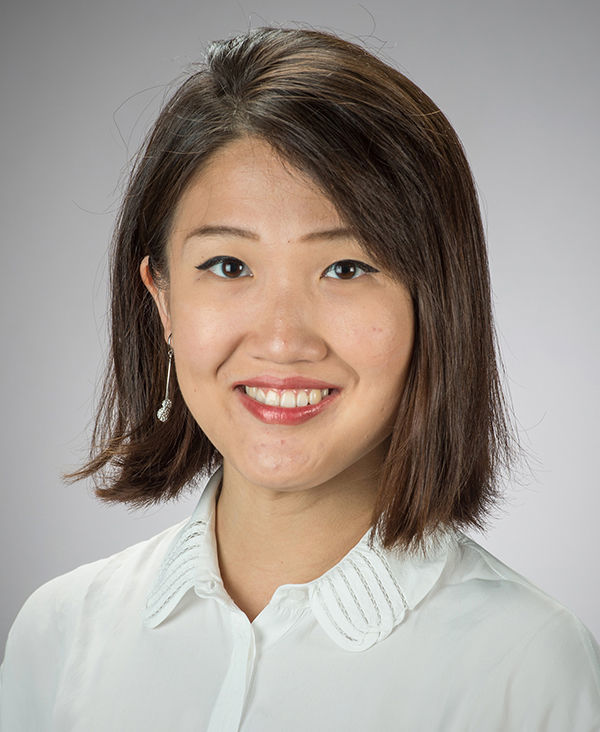 Jasmine Xiao
Jasmine Xiao
Xiao, who researches the intersection of macroeconomics and finance, comes to Notre Dame after receiving her Ph.D. from the University of Cambridge.
Her current research is on the interplay of the real economy with financial markets.
“I use firm-level data and build quantitative macroeconomic models that require substantial computational power, so I hope to utilize the high-performance computing section at the Center for Research Computing,” she said.
The research environment at Notre Dame, particularly the areas of faculty expertise, was an additional draw, she said.
Xiao is currently teaching an undergraduate Asset Pricing Theory class and a graduate macroeconomics course.
Illenin Kondo
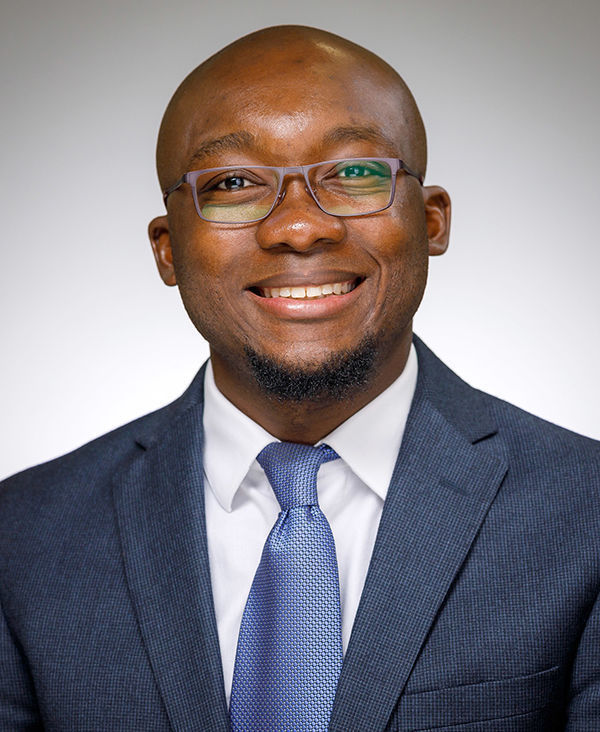 Illenin Kondo
Illenin Kondo
Kondo, a former senior economist at the Federal Reserve Board of Governors in Washington, D.C., focuses his research on the macroeconomics of globalization and economic growth.
He studies the effects of trade liberalization across workers, firms, and regions. As global trade opens up, he wants to know how inequality changes and what policies responses are appropriate. Additional research focuses on the macroeconomic effects of political frictions, especially in China, and the determinants of aggregate growth using US Census firm-level data.
Kondo, who earned his Ph.D. at the University of Minnesota and has a master’s degree in electrical and computer engineering from Georgia Tech, is a faculty fellow at the Kellogg Institute for International Studies. He is teaching a course called Globalization, Inequality, and Development.
“At Notre Dame, there is a community of scholars and a community of people who are passionate about understanding the world and seeking truth across disciplines,” he said. “There is a passion for truth in all we do.”
Benjamin Pugsley
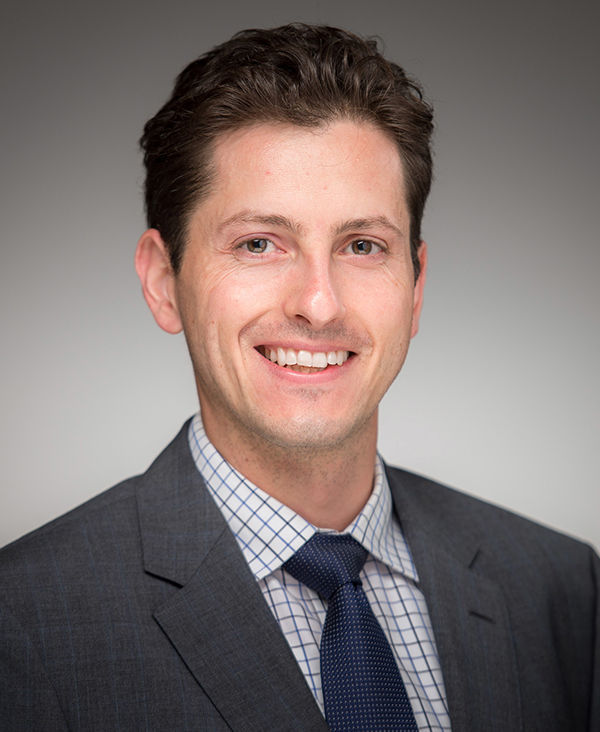 Benjamin Pugsley
Benjamin Pugsley
Pugsley, previously a research economist at the Federal Reserve Bank of New York, studies the behavior of firms and the macroeconomic implications of firm dynamics.
His current research focuses on the decline in the business entry rate in the United States and other developed countries over the past 30 years, including studying the role of declining fertility and a leveling out in female labor force participation. Other recent research includes implications for the behavior of employment during recession and recoveries as well as the implications for long run productivity growth.
Pugsley earned his Ph.D. at the University of Chicago and has taught in Columbia University’s MBA program. His research on small business formation and growth was featured in The New York Times, Slate, Business Week, The New Yorker, and the Wall Street Journal.
While the growing faculty and research resources at Notre Dame were attractive, he has also been inspired by the intellectual caliber of the undergraduates in his data-focused macroeconomics course.
“Even with my high expectations, I have been very impressed — not just with the intelligence and work ethic, but also a kindness and conscientiousness that is evident in our interactions,” he said.
Sarah Kroeger
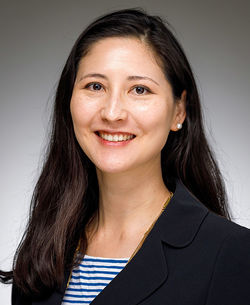 Sarah Kroeger
Sarah Kroeger
Kroeger, working in the Wilson Sheehan Lab for Economics Opportunities, studies labor economics, with a focus on economics of the family, education, and health.
“Working with LEO gives me the opportunity to continue studying policy-relevant issues in education and health, but with the power of randomized control trials,” she said. “This is important because RCT studies are the highest level of evaluation and offers very strong tools to anti-poverty organizations and policy makers.”
She is currently studying whether companionship to senior citizens can help them stay out of assisted living facilities, or even extend their life expectancy.


